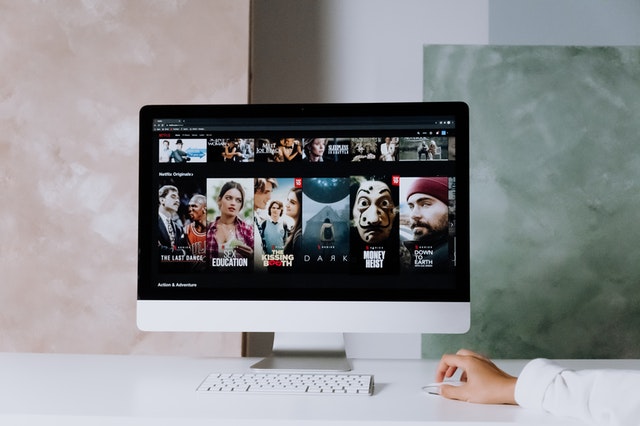Streaming services have established themselves as better alternatives to cable networks because of lower subscription costs and a better selection of movies and TV shows. The Internet is also highly affordable, so you can watch the latest release of a TV show right after airing or watch a film that’s still playing in theaters.
However, you have to stay safe online when streaming, and this article shows you how.
Table of Contents
Use a Virtual Private Network (VPN)
A VPN encryption software keeps you anonymous by hiding your IP address and protects your online data.
When you connect to VPN, you’ll select a server from a different country, and once you connect to it, you’ll be assigned an IP address from that country.
Streaming tip: In case you’re wondering how to watch US Netflix in the Australia, you only need to power up your VPN, choose a US server and connect to it, log in to your US Netflix account, and you’re done. It’s that simple.
Let’s get back to our main topic of how to stay safe online while streaming.
Once you connect to a VPN, any information to and from your internet-enabled device will be encrypted. The encryption hides your internet activity from anyone, including the government and internet providers. Therefore, your browsing activity is hidden behind the IP address giving you extra security.
There are many VPNs, so it’s on you to choose one that’s reliable with excellent reviews, especially from binge racers like yourself.
Always Stream from Reputable Streaming Services
Streaming is becoming popular by the day, and today, people are streaming on different devices from different content platforms.
However, safety should be your number one priority when accessing any streaming site because hackers are always ready to take advantage.
You need to know that as much as using free but non-reputable sites can save your subscription dollars, you might fall victim to a hacker. Non-reputable streaming sites are full of malware, and you should stay away from them.
Stay away from streaming services you’ve never heard of, even if they have all the latest releases or the TV show you’ve always wanted to watch. Chances are, they might be after user data from unsuspecting streamers.
Some of the reputable streaming services include:
· Hulu
· Netflix
· Crackle
· Amazon Prime Video
· Disney+
· Peacock
· Funimation
· Sling
· Apple TV+
Check The Information You Give Away
Any credible website offering streaming services should only ask for basic information when opening an account. Be very cautious if a streaming website goes beyond the obvious and asks for your banking details, social security number, date of birth, and place of birth.
A reputable streaming service like Netflix charges a monthly fee. You’ll only be required to provide personal information for payment processing. They’ll also provide you with a secure checkout to keep your information and bank details safe.
If a website is offering free streaming services, then it shouldn’t ask for your personal information. If it does, it should only be your first name, email, and address. Anything beyond that and you might be caught up in a scam.
Use an Ad Blocker
Online ads are annoying, especially the overly intrusive ones from noncredible streaming sites. Many people use ad blockers and browser extensions to block the ads because they disrupt the viewing experience.
Blocking ads to improve your viewing experience is great, but another reason to consider downloading an ad blocker is to strengthen your cybersecurity.
Hackers are always looking for fresh ways to launch their attacks and have found a new one in online advertisements. They are using online ads as a path of infiltrating devices, even on legitimate websites. So, use an ad blocker to block suspicious ads and lessen your exposure to security threats.
Update Your Devices
Whether you’re streaming on Mac OS, Windows, Linux, or any other operating system, you must keep it up to date.
Operating system developers are constantly releasing security updates to stay ahead of online threats. These updates have crucial security patches and fixes that plug all the security leaks in your system.
These patches are vital because they keep your device secure when streaming or casually browsing online.
You’ll also need to install an antivirus to add an extra layer of security. However, an antivirus will only help you as long as it’s up to date.
Thousands, if not hundreds of thousands of malware and viruses, are created daily. So, you’ll need to update the database of the antivirus with this information.
Conclusion
Online streaming services have revolutionized how people consume entertainment at home. You can use any device that has a screen and can access the internet to stream content. But it’s on you to ensure that you’re safe when streaming, and our listed five practices guarantee just that.




